The role played by alternative splicing in antigenic variability
Por um escritor misterioso
Last updated 20 maio 2024
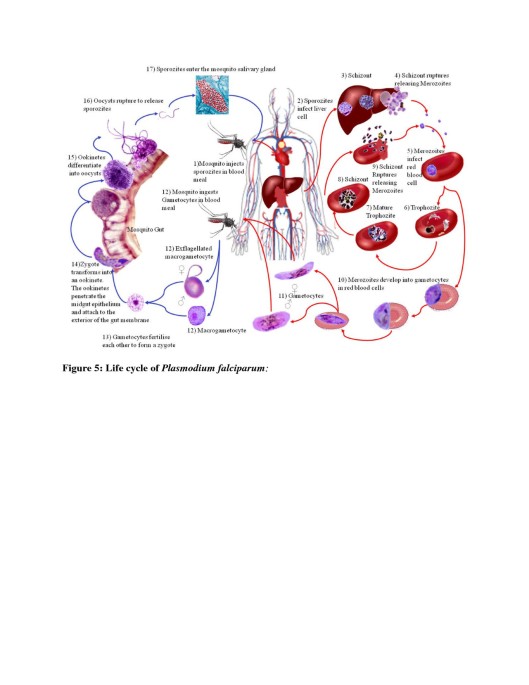
Endo-parasites that affect humans include Plasmodium, the causative agent of malaria, which remains one of the leading causes of death in human beings. Despite decades of research, vaccines to this and other endo-parasites remain elusive. This is in part due to the hyper-variability of the parasites surface proteins. Generally these surface proteins are encoded by a large family of genes, with only one being dominantly expressed at certain life stages. Another layer of complexity can be introduced through the alternative splicing of these surface proteins. The resulting isoforms may differ from each other with regard to cell localisation, substrate affinities and functions. They may even differ in structure to the extent that they are no longer recognised by the host’s immune system. In many cases this leads to changes in the N terminus of these proteins. The geographical localisation of endo-parasitic infections around the tropics and the highest incidences of HIV-1 infection in the same areas, adds a further layer of complexity as parasitic infections affect the host immune system resulting in higher HIV infection rates, faster disease progression, and an increase in the severity of infections and complications in HIV diagnosis. This review discusses some examples of parasite surface proteins that are alternatively spliced in trypanosomes, Plasmodium and the parasitic worm Schistosoma as well as what role alternate splicing may play in the interaction between HIV and these endo-parasites.
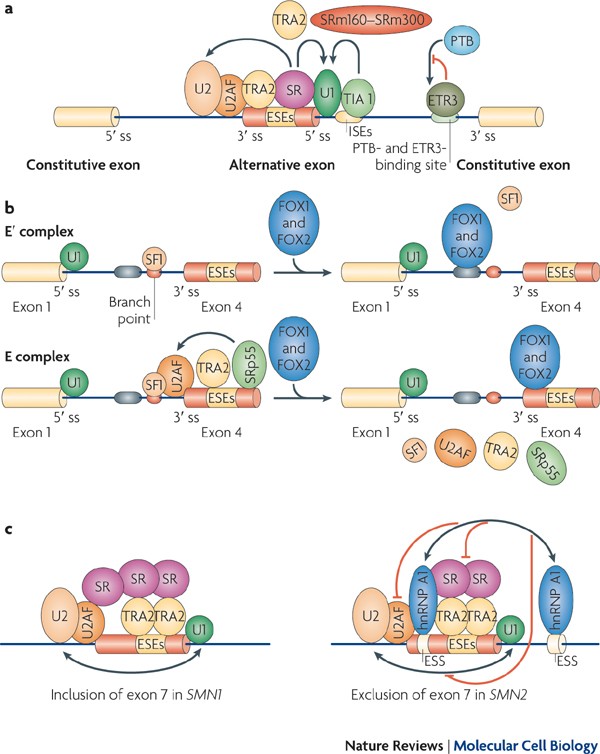
Mechanisms of alternative splicing regulation: insights from molecular and genomics approaches

SARS-CoV-2 selectively induces the expression of unproductive splicing isoforms of interferon, class I MHC and splicing machinery genes
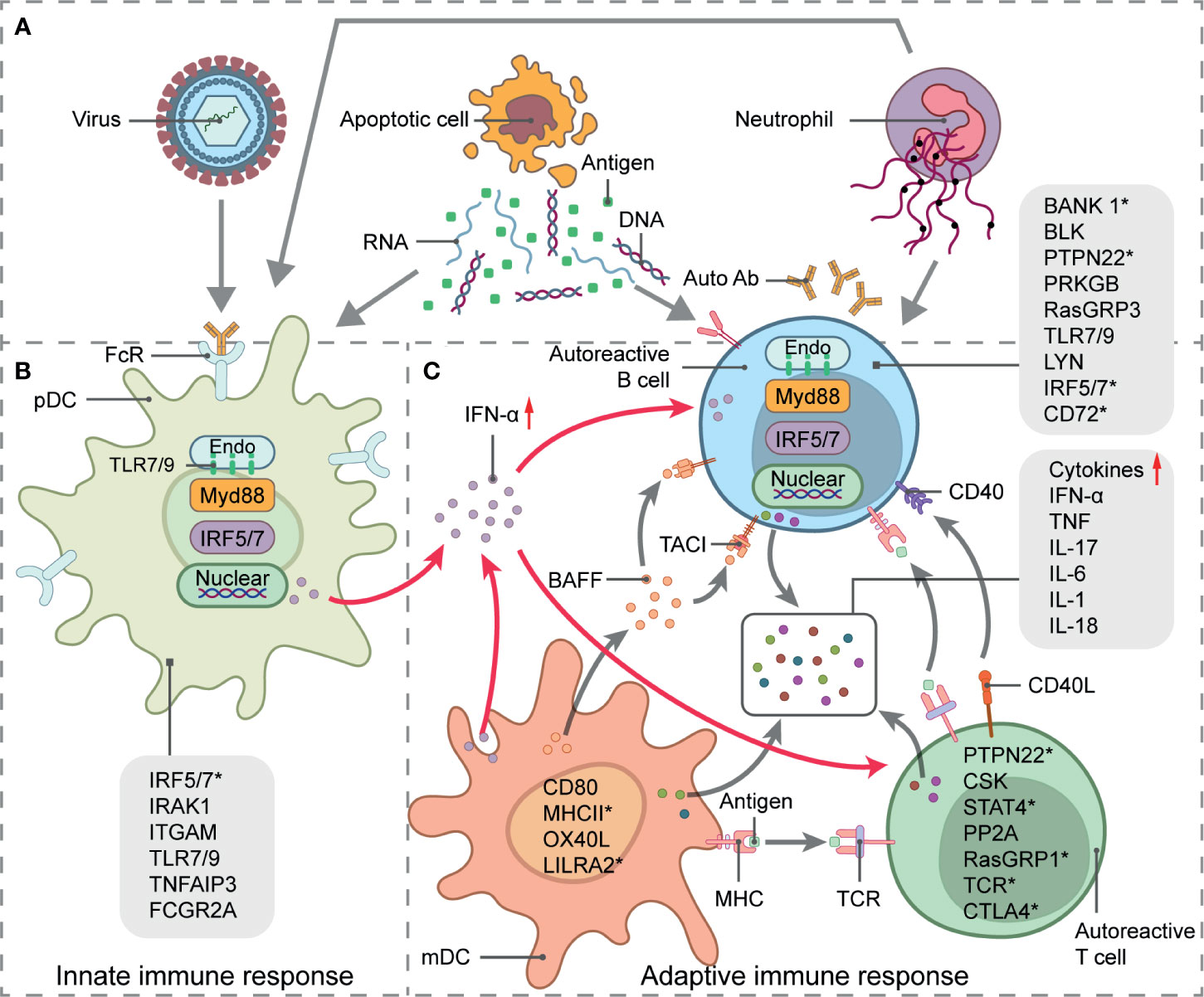
Frontiers Alternative Splicing: A New Cause and Potential Therapeutic Target in Autoimmune Disease

Longitudinal RNA-Seq Analysis of the Repeatability of Gene Expression and Splicing in Human Platelets Identifies a Platelet SELP Splice QTL
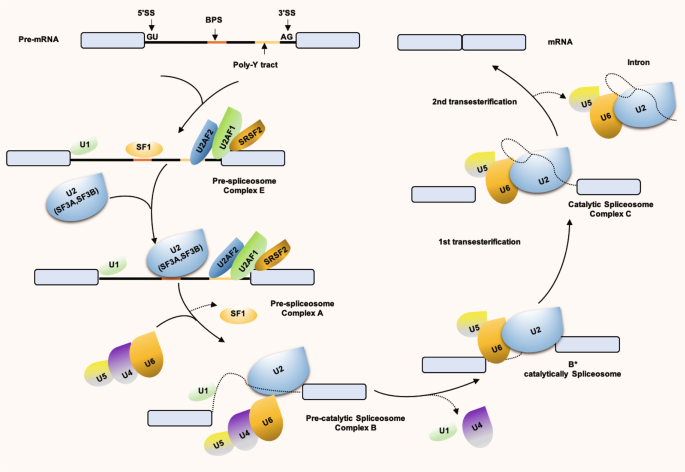
Alternative splicing and cancer: a systematic review
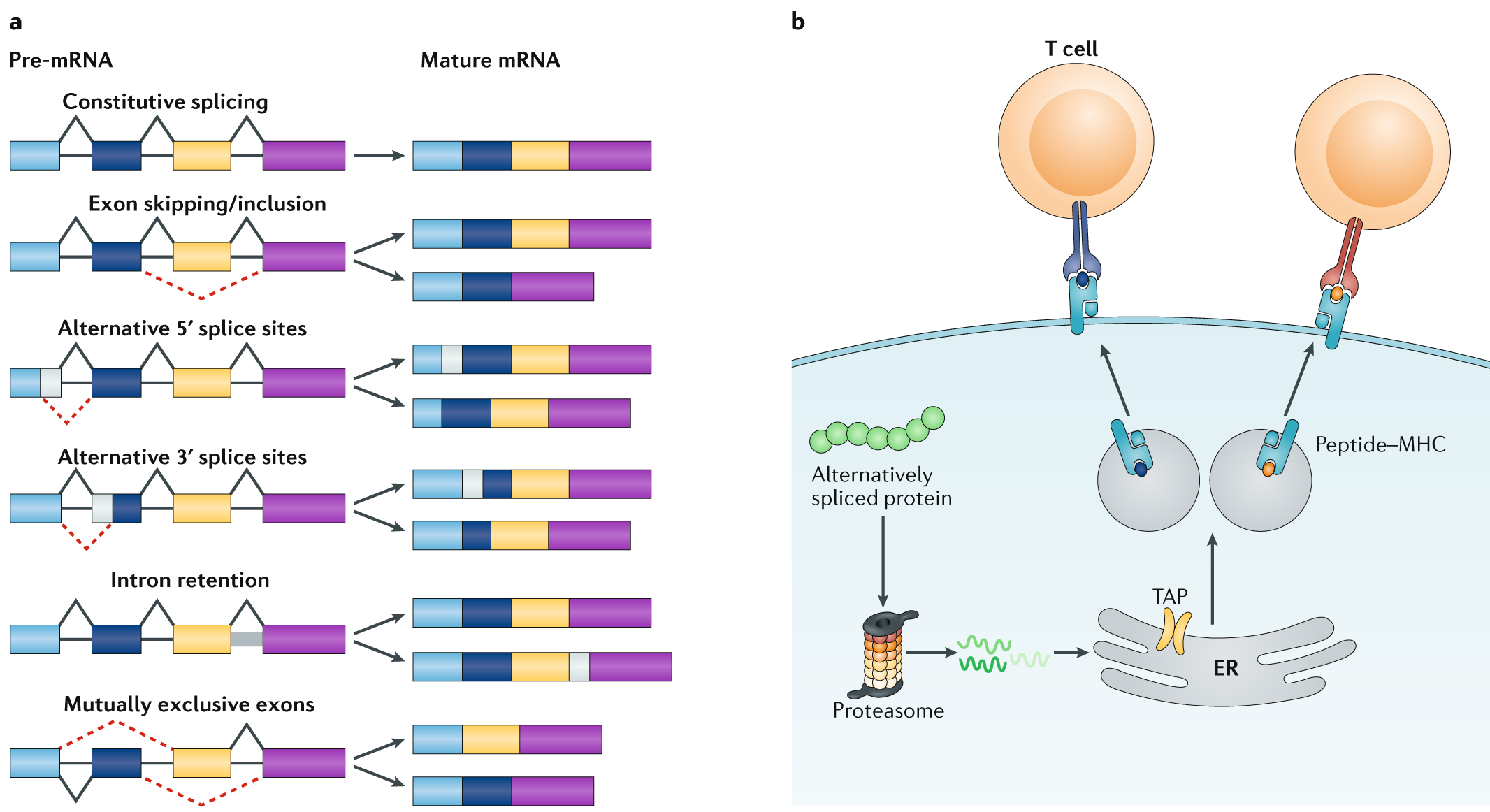
Alternative mRNA splicing in cancer immunotherapy

The role of alternative splicing in cancer: From oncogenesis to drug resistance - ScienceDirect

PDF) The role played by alternative splicing in antigenic variability in human endo-parasites
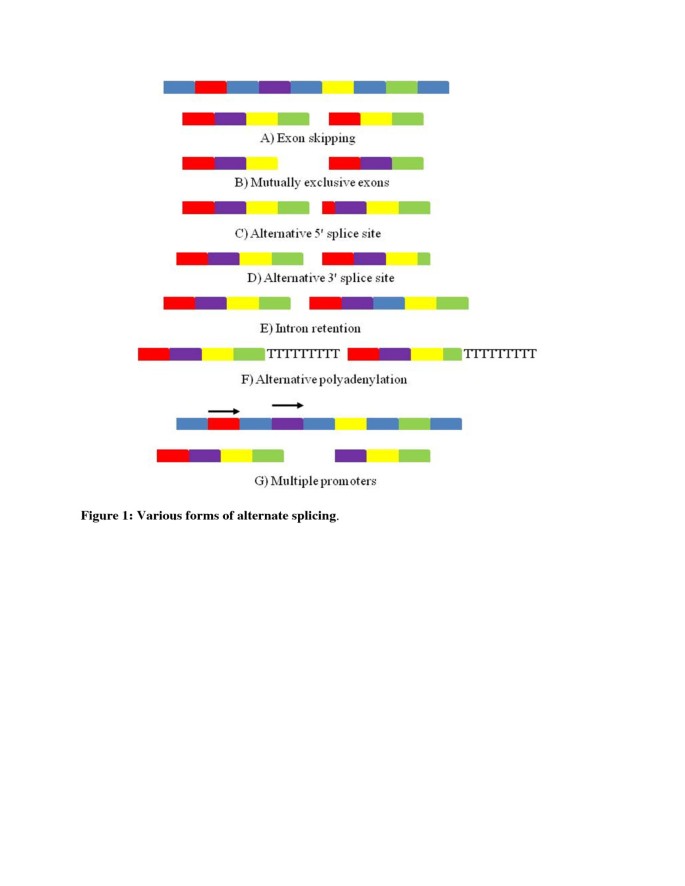
The role played by alternative splicing in antigenic variability in human endo-parasites, Parasites & Vectors
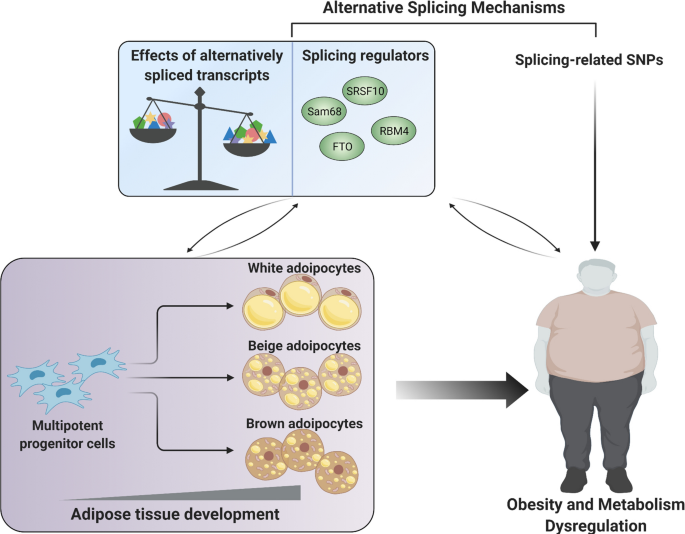
Regulatory roles and mechanisms of alternative RNA splicing in adipogenesis and human metabolic health, Cell & Bioscience

SpliceRCA: in Situ Single-Cell Analysis of mRNA Splicing Variants

Microexon alternative splicing of small GTPase regulators: Implication in central nervous system diseases - Lee - 2022 - WIREs RNA - Wiley Online Library
Recomendado para você
-
 Scp 7148 Techno Heart by DrJackBrightNeko on DeviantArt20 maio 2024
Scp 7148 Techno Heart by DrJackBrightNeko on DeviantArt20 maio 2024 -
SCP-7148 - SCP Foundation20 maio 2024
-
 Milk Hub - SCP Foundation20 maio 2024
Milk Hub - SCP Foundation20 maio 2024 -
Dee Nichols on LinkedIn: JOIN US TO RIDE TO MAKE A DIFFERENCE20 maio 2024
-
 Lucky the angel🎄20 maio 2024
Lucky the angel🎄20 maio 2024 -
 MEV Army - Collection20 maio 2024
MEV Army - Collection20 maio 2024 -
 November Issue: Smart Art by wallpaper-magazine - Issuu20 maio 2024
November Issue: Smart Art by wallpaper-magazine - Issuu20 maio 2024 -
 Customer Segmentation Analysis - Emirates20 maio 2024
Customer Segmentation Analysis - Emirates20 maio 2024 -
 Digipartspower AC/DC Adapter for MS MelodySusie 7120 maio 2024
Digipartspower AC/DC Adapter for MS MelodySusie 7120 maio 2024 -
 UpBright 30V AC/DC Adapter Compatible with XBlue20 maio 2024
UpBright 30V AC/DC Adapter Compatible with XBlue20 maio 2024
você pode gostar
-
 Gourmandise Sanrio Characters Desk Mat Cinnamoroll SANG-35-2CN Polyester,#320 maio 2024
Gourmandise Sanrio Characters Desk Mat Cinnamoroll SANG-35-2CN Polyester,#320 maio 2024 -
 Cadeira Harley: Promoções20 maio 2024
Cadeira Harley: Promoções20 maio 2024 -
 cavalo gifs20 maio 2024
cavalo gifs20 maio 2024 -
 História Lutadores antes dos treinadores - História escrita por Martelliti77 - Spirit Fanfics e Histórias20 maio 2024
História Lutadores antes dos treinadores - História escrita por Martelliti77 - Spirit Fanfics e Histórias20 maio 2024 -
 Noticias20 maio 2024
Noticias20 maio 2024 -
messi Nova Skin20 maio 2024
-
 🏆🏆 lichess .org, chess online with friends20 maio 2024
🏆🏆 lichess .org, chess online with friends20 maio 2024 -
 Engines of Creation: Nanotechnology - the Next Scientific Revolution - K. Eric Drexler: 9781872180465 - AbeBooks20 maio 2024
Engines of Creation: Nanotechnology - the Next Scientific Revolution - K. Eric Drexler: 9781872180465 - AbeBooks20 maio 2024 -
 Al Nassr vs Persepolis – AFC Champions League Group E match preview, Football News20 maio 2024
Al Nassr vs Persepolis – AFC Champions League Group E match preview, Football News20 maio 2024 -
 How many Super Rare variants do you own? : r/MarvelSnap20 maio 2024
How many Super Rare variants do you own? : r/MarvelSnap20 maio 2024
